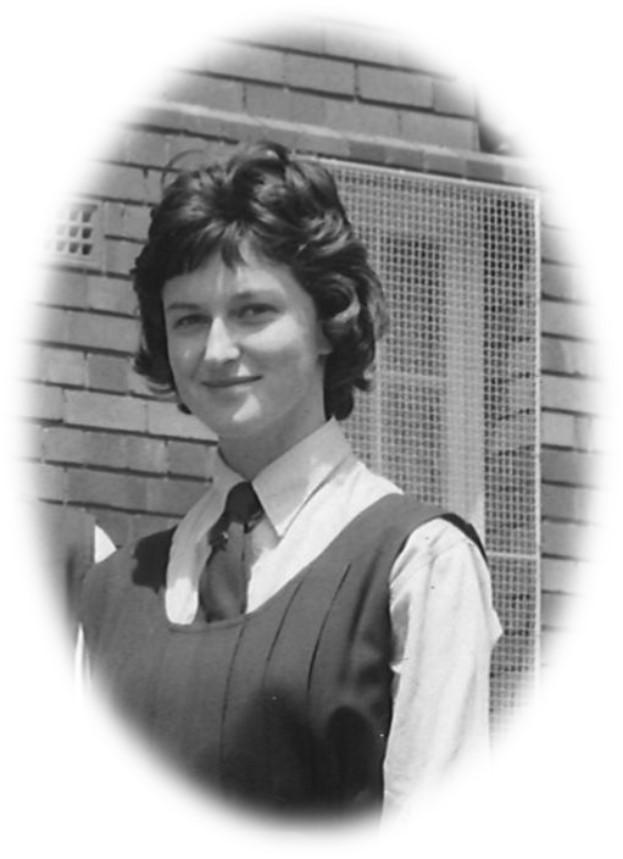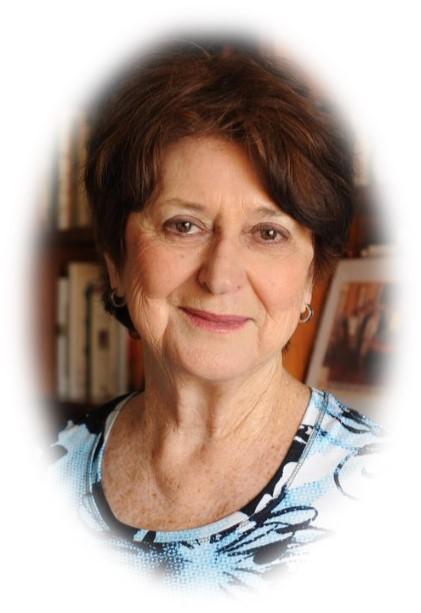A tribute to Susan Ryan: A Daughter of St. Brigid
by Jeff Kildea

A tribute to Susan Ryan: A Daughter of St. Brigid
by Jeff Kildea
Below is an extract of Jeff Kildea's tribute to Susan Ryan, great friend of the Brigidine Sisters in Sydney:
Long after Susan’s passing, Australians, and Irish-Australians in particular, will continue to be enriched by the legacy that this daughter (Susan Ryan) of St Brigid has left us. Born in 1942 in the inner Sydney suburb of Camperdown, Susan’s Irish forbears were not recent arrivals – Susan was a third and fourth generation Australian.
Soon after news reports appeared announcing the sudden death of Susan Ryan on 27 September 2020, tributes began to flow. Most recounted Susan’s pioneering political career and her contribution to the rights of women and to the aged. Many also mentioned her Irish background, but without much detail. Susan was in fact very proud of her Irish heritage and had a deep love of Ireland and of Irish culture.


Susan represented the traditional trifecta of Irish, Catholic and Labor that figured prominently in the progressive side of Australian politics for much of the twentieth century. Growing up in the beachside suburb of Maroubra, she was educated at the local Brigidine convent school. Students in these schools were exposed to the principles and practice of social justice, typically through an Irish lens. … Social justice values were a dominant element," recalled Susan Ryan. Susan often spoke of the influence on her of the Brigidines, a teaching order of sisters founded in Ireland in 1807 and named for St Brigid, one of Ireland’s patron saints. St Brigid was celebrated for her generosity to the poor and particularly poor women. With the abolition in 1880 of state aid for denominational education, Catholic bishops in New South Wales relied heavily on the Irish teaching orders to staff their schools.


Susan acknowledged that accounts of the persecution and denial of the rights of the Irish in Ireland and in early colonial Australia informed her attitude to the struggle for justice for indigenous Australians through a sense of a shared history of the destruction of culture, language, religious or spiritual belief and the loss of land.


It was also the Brigidine sisters who engendered in Susan the self-assurance she showed when breaking through glass ceilings: ‘We did somehow get the sense that women could exercise authority, master academic challenges, had voices and could use them.’
On learning of Susan’s death, Maelíosa told me, ‘Her knowledge and love of all aspects of Irish culture was palpable'. Long after Susan’s passing, Australians, and Irish-Australians in particular, will continue to be enriched by the legacy that this daughter of St Brigid has left us.